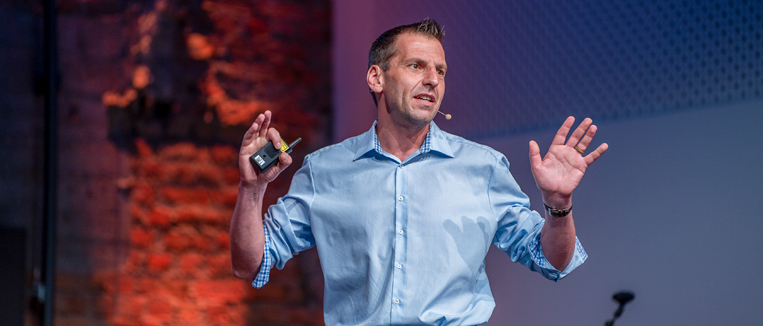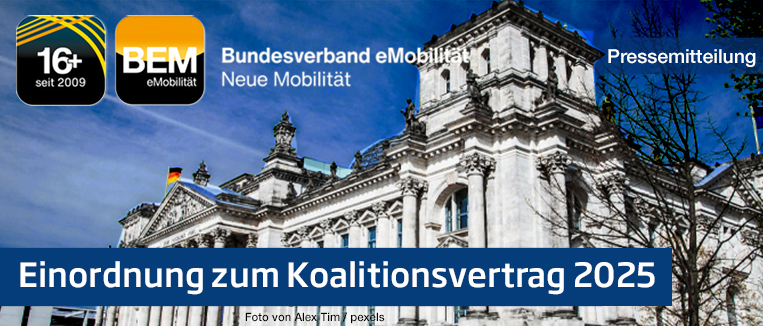
The danger of technological openness for Germany and Europe
Berlin / Istanbul, 23.05.2024. Blind openness to technology threatens the future of Germany and Europe. In the run-up to the current European elections, it is more important than ever to set the course for a sustainable and future-oriented economic policy. However, one trend that is becoming increasingly important could harm us in the long term: the uncritical openness to technology, particularly in the field of electromobility.
Technological openness, i.e. the willingness to pursue different technological approaches simultaneously, is often seen as progress. In practice, however, this strategy often leads to a dispersion of resources and a dilution of economic policy objectives. Instead of setting clear priorities and making targeted investments in the promising technologies of the green economy, the focus is on a variety of solutions that are not always compatible with each other or hinder each other.
‘Technological openness is being propagated in order to be able to hold on to old technologies,’ said BEM Board Member Markus Emmert at Automechanika in Istanbul. ‘In addition, this openness in the context of energy efficiency clearly contravenes the climate policy goal of reducing primary energy requirements.’
This is particularly evident in the energy and mobility sectors. While countries such as China and the USA are making targeted investments and pursuing clear strategies, Europe is hesitant when it comes to new technologies. The result: a patchwork of different approaches that benefit neither the environment nor the economy in the long term.
This puts Germany and Europe at a considerable competitive disadvantage. Instead of being an innovation leader in the field of new mobility, we risk falling behind in international comparison. The necessary investments will be watered down and will not be able to realise their full potential. The automotive industry, a centrepiece of our economy, is in danger of losing touch with global developments.
The 2024 European elections are an opportunity to choose the right course. It is time to make consistent decisions and focus on key technological areas that offer the greatest potential for growth and sustainability. This is the only way to ensure that Europe continues to play a leading role in the global economy and at the same time makes a decisive contribution to climate protection.
Europe and Germany need more technological determination, clear priorities and a targeted strategy in order to successfully master the challenges of the transformation processes in the energy and mobility sector.
The Bundesverband eMobilität (BEM) is an association of companies, institutions, scientists and users from the field of electromobility who are committed to converting mobility in Germany to electromobility based on renewable energies. The BEM’s tasks include the active networking of economic players for the development of sustainable and intermodal mobility solutions, the improvement of the legal framework for the expansion of e-mobility and the enforcement of more equal opportunities in the transition to low-emission drive concepts.






